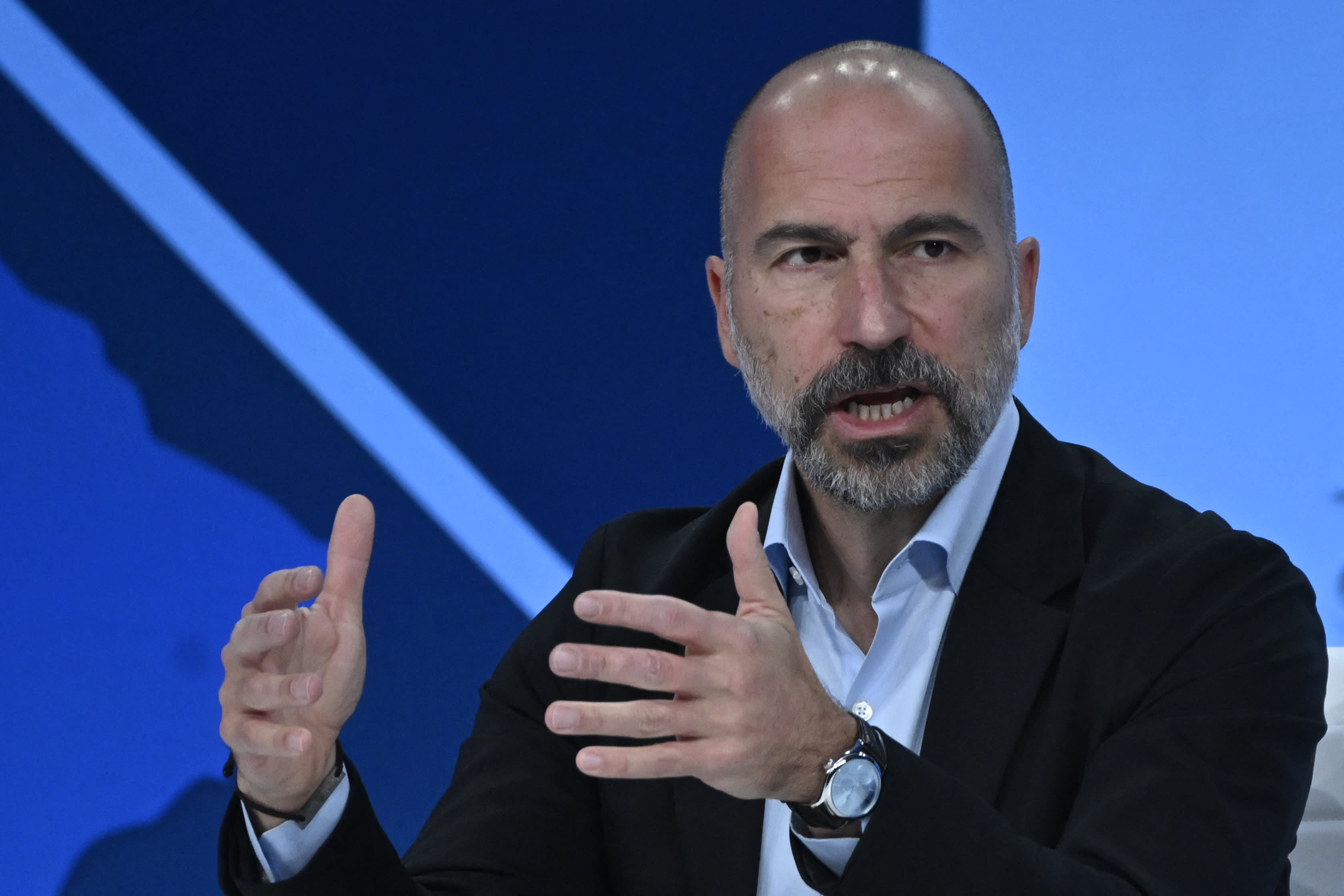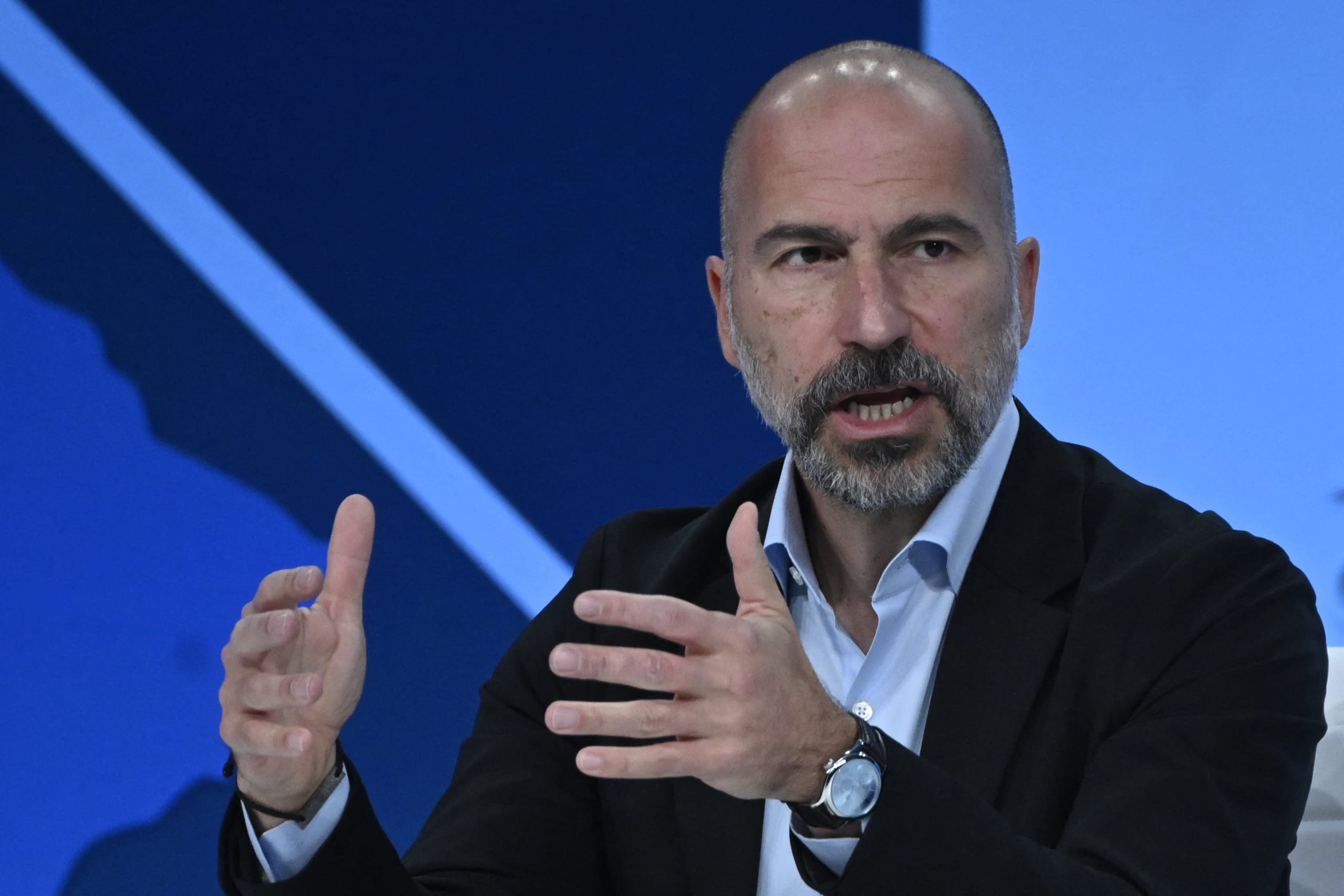
The Gig Economy’s Benefits Battle: Can Uber’s CEO Push Through Real Change?
Yo, let’s talk about the gig economy—the Wild West of modern work, where “flexibility” often means “you’re on your own, pal.” Uber, the kingpin of ride-sharing and food delivery, has been dodging regulatory bullets for years while its CEO, Dara Khosrowshahi, tries to sell us a new blueprint for worker benefits. But here’s the question: Are these proposals legit progress or just corporate duct tape? Strap in, ’cause we’re bulldozing through the fine print.
—
The Gig Worker Dilemma: Flexibility vs. Financial Ruin
Gig work is like a turbocharged side hustle—until you realize your “side hustle” is your *only* hustle, and your “boss” is an algorithm that doesn’t care if you can afford rent. Uber drivers log insane hours but get zilch in health insurance, retirement, or even guaranteed minimum wage. Khosrowshahi’s big pitch? Tie benefits to hours worked. Drive more, get more. Sounds fair, right?
But here’s the catch: Most gig workers *can’t* rack up full-time hours because the apps throttle their earnings. Surge pricing? Ha! Try “survive pricing.” Critics argue this model still leaves drivers chasing scraps while Uber avoids the real fix: classifying them as employees with full benefits. Sheesh.
—
The “Third Way” Gamble: Benefits Without the Baggage
Khosrowshahi’s pet project? A “third way” to classify gig workers—not employees, not full independents, but some Franken-status that lets Uber toss them a benefits bone *without* tanking its business model. His “benefits funds” idea is like a DIY safety net: Drivers pick health insurance or retirement savings from a menu, funded by company contributions.
Problem is, these funds are often peanuts compared to traditional employment benefits. A 401(k) match doesn’t mean squat when your weekly earnings swing like a wrecking ball. And let’s be real: Uber’s pushing this hard because it’s cheaper than paying payroll taxes. Regulatory sleight of hand? You bet.
—
The Legislative Hail Mary: Can Laws Catch Up?
Khosrowshahi ain’t just tweaking policies—he’s lobbying for *new laws* to make his “third way” stick. Translation: He wants politicians to bless a system where companies can give *some* benefits without triggering employee classification. California’s Prop 22 was Uber’s first win, but courts keep gutting it. Now, he’s taking the fight nationwide.
But here’s the kicker: Even if laws change, gig workers still lose leverage. No union rights. No overtime. Just a shiny new “benefits” label slapped on the same old instability. Meanwhile, Uber’s stock price stays cozy. Convenient, huh?
—
The Bottom Line: Progress or PR?
Khosrowshahi’s proposals aren’t *total* garbage—they’re a grudging nod that gig workers deserve *something*. But let’s not confuse a Band-Aid for a cure. Real change means rethinking the gig economy’s core: exploitation dressed as “innovation.” Until then? Drivers keep grinding, CEOs keep grinning, and the debt bulldozer keeps circling.
Final verdict: Nice try, Dara. Now show us the money. *Clearing the site, brothers.* 🚜💥





发表回复